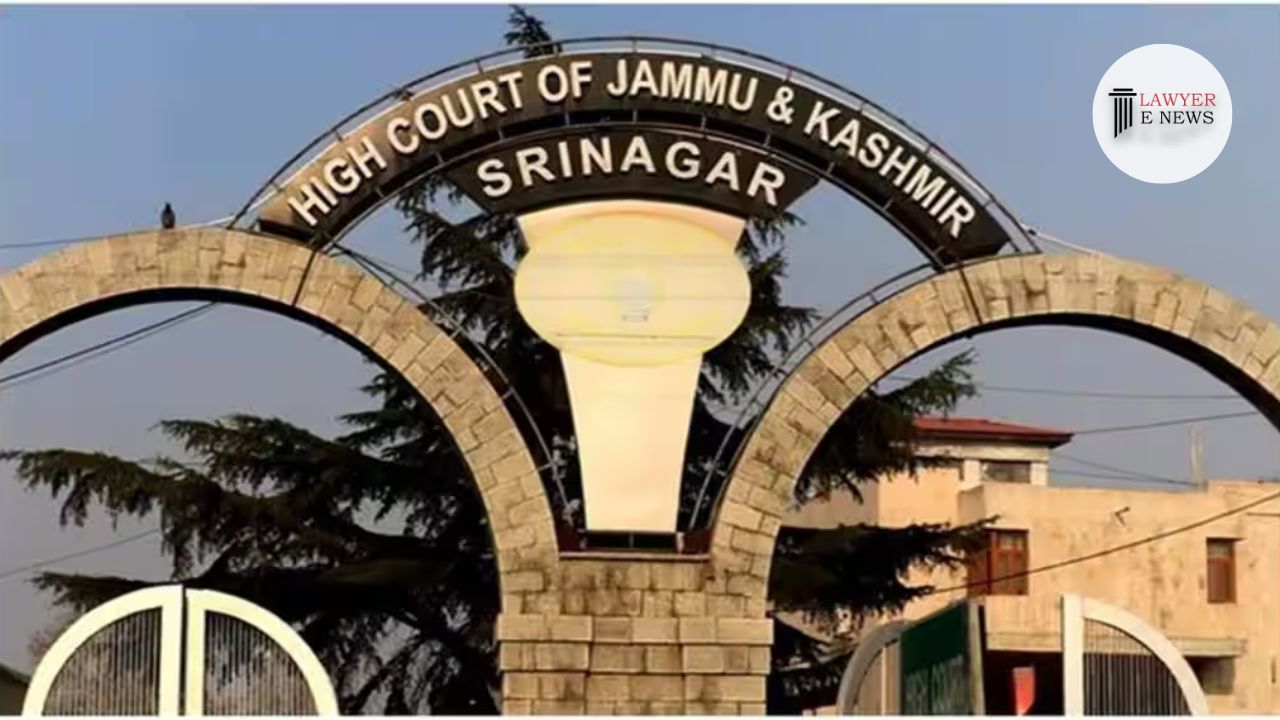-
by Admin
19 February 2026 9:36 AM



In a significant ruling, the High Court of Jammu & Kashmir and Ladakh acquitted the appellant, Raja Sajad Ahmad Wani, in a case involving charges of kidnapping and rape under Sections 366 and 376 of the Ranbir Penal Code. The court, while setting aside the lower court’s judgment, emphasized the lack of corroborating evidence and the reliance on the sole statement of the prosecutrix. The judgment highlighted several inconsistencies and gaps in the prosecution’s case, leading to the acquittal of the appellant.
The judgment, delivered by Hon’ble Mr. Justice M. A. Chowdhary, analyzed the evidence presented and examined various grounds raised by the appellant challenging the conviction and sentence. The court noted that the prosecution failed to provide medical evidence or examine crucial witnesses, including the doctor who examined the prosecutrix and the investigating officer. The non-examination of these witnesses was deemed prejudicial to both the appellant and the prosecution.
Justice Chowdhary stated in the judgment, “The sole statement of the prosecutrix is most unnatural, improbable, and does not inspire confidence to record such a conviction.” The court further emphasized that the delay of six days in lodging the FIR remained unexplained, casting doubt on the veracity of the allegations against the appellant.
Moreover, the court highlighted the prosecutrix’s willingness to accompany the appellant and her decision to stay at the house of his sister without raising any alarm. The absence of any evidence suggesting the use of force or compulsion further weakened the prosecution’s case.
The acquittal of the appellant in this case underscores the importance of corroborating evidence and thorough examination of crucial witnesses in criminal trials. The court’s emphasis on the need for a robust prosecution case is expected to serve as a guiding principle for future judgments.
Quoting the Supreme Court’s decision in Rajesh Patel v. State of Jharkhand, the court stated, “Non-examination of the doctor and investigating officer has prejudiced the case of both the appellant and the prosecution.” This reinforces the significance of presenting all relevant evidence and witnesses to ensure a fair trial.
The acquittal of Raja Sajad Ahmad Wani in this case highlights the necessity of a comprehensive prosecution case backed by corroborating evidence. The court’s ruling sends a strong message about the importance of upholding justice and the need to consider all aspects of a case before reaching a verdict.
D.D-11th of May, 2023.
Raja Sajad Ahmad Wani VS State of Jammu and Kashmir
